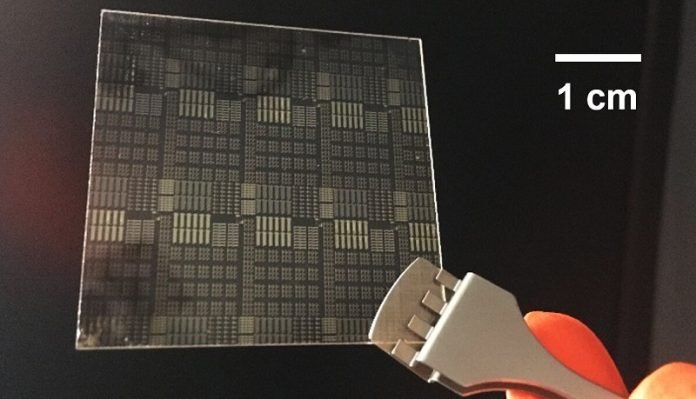
Researchers at the University of Surrey have made a significant advancement in the development of low-cost, flexible displays with minimal energy consumption.
This breakthrough addresses a long-standing issue faced by source-gated transistors (SGTs), bringing us closer to a future of innovative electronic devices.
The study, recently published in the prestigious IEEE Transactions on Electron Devices, reveals the exciting potential of a newly engineered semiconductor material called IGZO (indium-gallium-zinc oxide) in creating the next generation of SGTs.
Led by Dr. Radu Sporea, the research team employed nanoscale contact engineering techniques to enhance the stability of SGTs across a wide range of temperatures.
Previous attempts had encountered challenges in maintaining consistent performance under varying temperature conditions.
However, through their innovative design, the team successfully addressed this issue, while preserving the remarkable benefits of SGTs, such as low power consumption, high signal amplification, and enhanced reliability in diverse settings.
Source-gated transistors combine two essential components of electronics—the thin-film transistor and a meticulously engineered metal-semiconductor contact.
These transistors offer numerous advantages over traditional ones, making them ideal for large-area electronics and holding immense potential for applications in fields like medicine, engineering, and computing.
Salman Alfarisyi, who worked on the simulations as part of his final-year undergraduate project, emphasizes the transformative impact of SGTs.
He explains that these transistors could serve as the fundamental building blocks of power-efficient flexible electronics, which can meet our energy needs while minimizing harm to the environment.
Their remarkable sensing and signal amplification capabilities make them particularly well-suited for medical devices that interface with the human body, offering valuable insights into our health and well-being.
In conclusion, this breakthrough in the development of source-gated transistors brings us closer to a future where energy-efficient and flexible electronics are the norm.
With this technology, we can envision a wide range of innovative devices that enhance our lives while minimizing their impact on the planet.
As researchers continue to overcome the limitations of SGTs, we are steadily approaching a new era of sustainable and adaptable electronics.
Source: University of Surrey.



